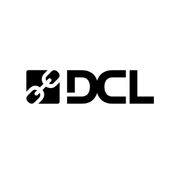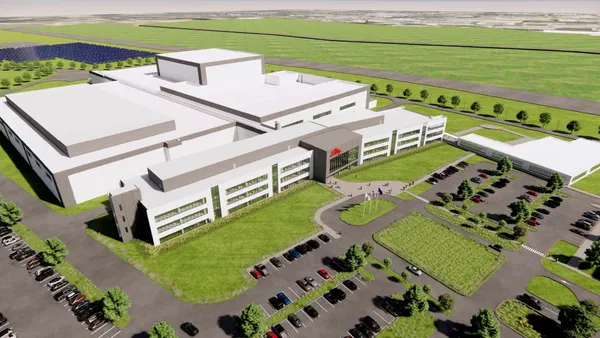Dive Brief:
- Tyson Foods reported second-quarter net income of $315 billion, compared to $340 billion during the year-ago period. Total sales were up 1.9% to $9.77 billion, versus $9.08 billion a year ago. Beef, chicken and prepared foods all showed sales increases, although pork volumes were down. The company's 2017 purchase of AdvancePierre contributed approximately $655 million of revenue in the first six months of fiscal 2018.
- The company noted higher transportation and labor costs had offset income, along with a one-time $27-million bonus to frontline employees during the quarter.
- Tyson also said it plans to reduce about 550 corporate jobs at its Arkansas headquarters and at its Cincinnati and Chicago offices, according to a 10-Q filing reported by MarketWatch.
Dive Insight:
Tyson, which has been active in the M&A realm lately, has made great picks by investing in prepared foods. Sales and volumes of the company's prepared foods outpaced beef, pork or chicken during the most recent quarter. Volume was up 10.9% in prepared foods, followed by 2% for chicken and 1.8% for beef. Pork volumes declined by 1.1% during the second quarter, which the company said was the result of balancing supply with demand and fluctuating livestock costs.
Tyson's $4.2-billion purchase last year of AdvancePierre helped the company move into branded and prepared foods — a more dependable profit area than sometimes unpredictable protein products. AdvancePierre RTE sandwiches and entreés brought in about $655 million for the first six months of this fiscal year in the chicken and prepared food segments, and Tyson said it expects the acquisition to bring in about $1.3 billion in its first full fiscal year as part of the company.
The company has been hoping to make more deals in this segment. CEO Tom Hayes told Food Dive last fall that Tyson may look for smaller acquisitions going forward, most likely in the chicken and prepared foods areas.
“We’re going to stay focused on AdvancePierre and if another transformative acquisition makes a lot of sense — and a lot of it is about timing, we don’t want to overpay — certainly we might consider it,” he said. “Our focus right now is probably more on bolt-on deals, not necessarily transformative ones.”
At the same time, Tyson has been slimming down its portfolio to focus on its protein business. It sold the Sara Lee, Kettle and Van's brands last year and decided during the first fiscal quarter to shed its pizza crust business. The company said it expects to close remaining transactions during the next two fiscal quarters.
But the report wasn’t all about convenience meats taking over. Tyson also expects its core business areas to stay strong. Beef supplies are expected to be up 3% this year, and pork supplies should be up 2% to 3% this year. For chicken, Tyson said it expects $100 million in feed costs this year, sales volume increases of about 3% to 4% and adjusted operating margins of about 10%.
A dim point in the report was transportation costs. Increases and driver shortages have been weighing on profits for food companies such as Tyson that depend on truck deliveries. According to The Wall Street Journal, the company predicted transportation costs would jump by $200 million this year and that the added expense would need to be passed on to consumers.
Tyson is also looking beyond traditional meats. It has been investing in plant-based protein products through its VC arm, Tyson Ventures. It recently bought a minority interest in Memphis Meats, a cultured meat startup based in San Francisco, and it announced in February an investment in Tovala, a startup that produces steam ovens and ready-to-cook food.
Most recently, Tyson Ventures co-led a $2.2-million seed investment round for Future Meat Technologies, an Israel-based biotechnology firm developing a manufacturing platform for the cost-efficient non-GMO production of lab-grown meat.
While such projects hold promise, Tyson still has its prepared foods segment to fall back on. However, the challenge will be to trim transportation and labor costs and continue to bolster sales in its core areas. On the plus side, protein continues to be in high demand, and Tyson is planning to cut some management jobs, so those aspects will likely help the balance sheet for the rest of the year.













